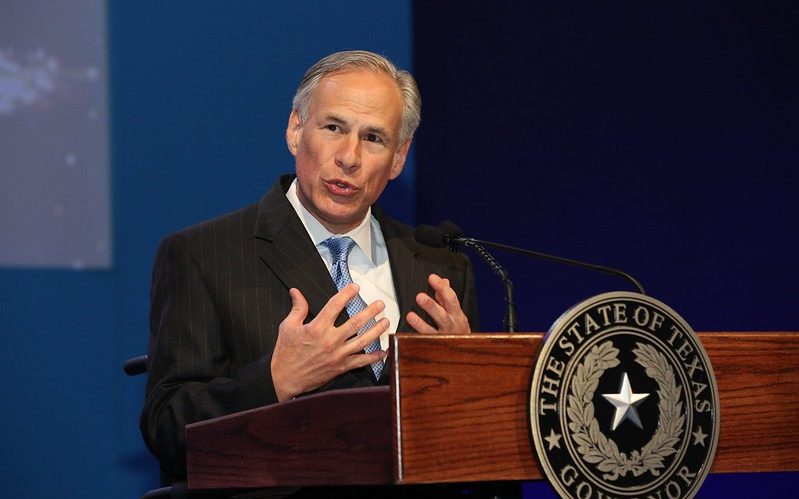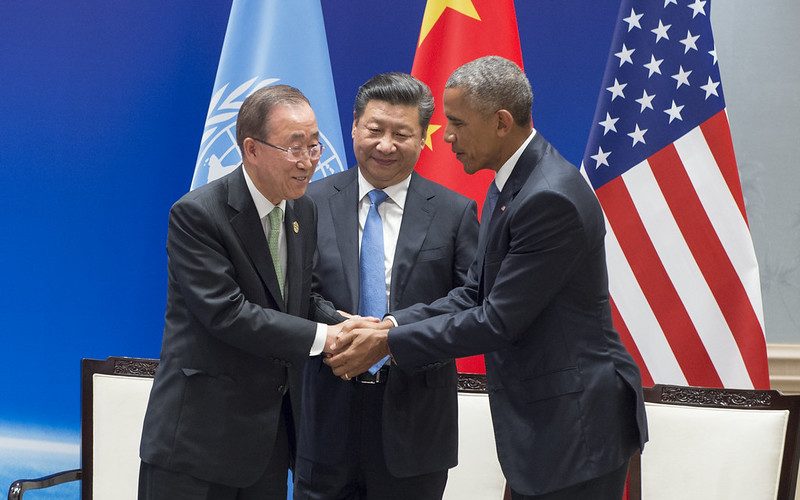
To Arms: Sexual Abusers after the Military and a Call for Action
It is a well-known fact of life that many of those accused or even convicted of sexual assault, harassment, or abuse within the U.S. Armed Forces can go about their daily lives without much change. Many are able to lead active and personally prosperous lives while their victims in some cases are jailed, forced out of the military, or take their own lives. One such individual is Michael D. Kepner II, an honorably retired Lieutenant Colonel of the United States Army. He is a sexual assaulter who has been able to engage in an active, financially and professionally profitable life outside of the military despite a conviction and sentencing.

Terrorists on the Border? The State of Texas’ Classification of Drug Cartels as Foreign Terrorist Organizations and the Efficacy of Such a Policy
The United States Southern border is among the most contentious issues for the U.S. government and society. It affects roughly 30 million American and Mexican citizens living on the border and increased sensitivity to the matter has only grown in the 21st century. In Texas, Governor Greg Abbott signed nearly 800 new pieces of legislation into law. One of them, known as Senate Bill 1900, is the most recently controversial and impactful in terms of border security, homeland security, and immigration policy in Texas.

Sinophobia in the Era of US-China Rivalry
Since the beginning of COVID-19, anti-Chinese sentiments have increased globally, often fueled by misinformation spread across multitudes of media platforms. While Sinophobia transcends across countries, one, in particular, stands out: The United States. In 2023 alone, several hate crimes have been reported.

